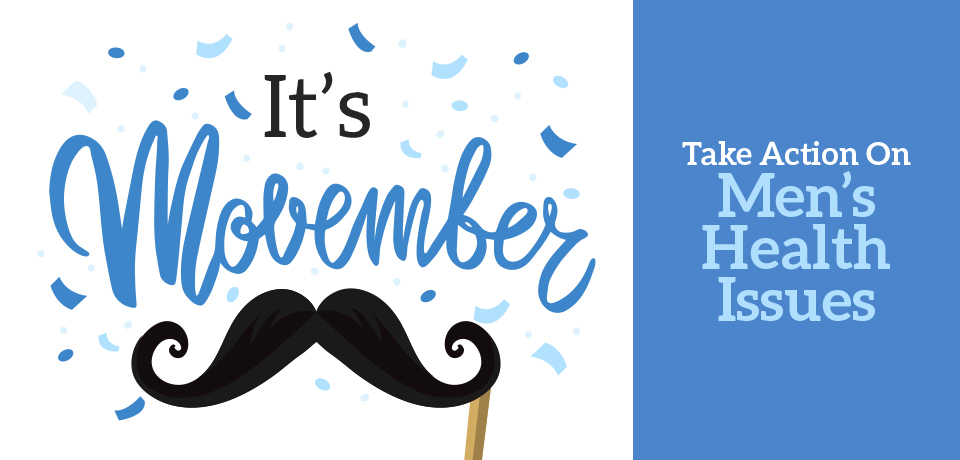Male suicide is rising at such an alarming rate. It’s been referred to as a “silent epidemic”. Suicide is the seventh leading cause of death for males according to the US Movember website, https://us.movember.com/. Mental illness is literally killing us and it’s time to bring more awareness to the topic.
In ancient times, the survival of tribes depended upon all men fulfilling the imperatives to protect, provide, and procreate. Young boys and men were expected to hunt and fight. In that harsh environment, a man could not survive alone, and therefore could not afford to become an outcast. Beyond physical safety, a man’s identity was so deeply ingrained with his tribe that to lose his status was emotionally crippling – a blow to his pride to be avoided at all costs. Thus, our primitive ancestors were highly motivated to pull their own weight and meet their community’s standards of honor.
As life became more comfortable, we’ve relinquished most of our primitive ways to the emerging comforts and luxuries of settled society. Despite these changes, we still hold on to a branded image of what it means to be a man, and to be tough. I grew up with the idea that “tough” meant suppressing emotion, holding back tears, and never exposing vulnerability.
The drawback to expecting boys and men to conform to social stigmas of manhood is that they learn to suppress emotions, or worse, turn to other more harmful coping mechanisms and addictions. Mental health is inseparable from your physical health. It’s not a new concept, but what is astounding is the stigmatization that still surrounds men who dare to talk about their mental struggles.
Men who are vocal about their mental health can be dismissed as weak or inferior. Society often regards them as flawed or broken guys, and they are more likely to be ostracized for their honesty than rewarded for their bravery. Instead of being compassionate, we often belittle them, and turn a blind eye. We freely use the phrase, “Man up,” as though your gender alone should suffice to guide you through your dark times.
It’s okay to not have it all together. It’s okay to feel depressed. It’s okay to feel overwhelmed, sad, or anxious. It’s okay to not have it all figured out. These are perfectly normal feelings that all men experience, and it’s okay to talk about it.
According to the American Psychological Association, “nine percent of men experience daily feelings of depression and anxiety.” The suicide rate among men is four times in comparison to women.
Mental illness is not a matter of willpower or strength. Depression and anxiety are complex medical conditions with many contributing factors like chemical imbalances in the brain, medications, and stressful life events. Mental illness is not a character flaw.
Many men have trouble communicating what they’re feeling and figuring out how to talk about it. Asking for help can be hard, but without treatment, depression is unlikely to go away. Untreated depression can get worse and can cause problems in every aspect of your life, including your physical health, career, relationships and personal safety.
Treatment with a mental health professional, including psychotherapy, can help you learn healthy coping skills. These may include:
- Set realistic goals and prioritize tasks.
- Seek out emotional support from a partner, family, or friends. Learn strategies for making social connections so that you can get involved in social activities.
- Learn ways to manage stress, such as meditation and mindfulness, and develop problem-solving skills.
- Delay making important decisions, such as changing jobs, until your depression symptoms improve.
- Engage in activities you typically enjoy, such as ball games, fishing, or a hobby.
- Try to stick to a regular schedule and make healthy lifestyle choices, including healthy eating and regular physical activity, to help promote better mental health.
- Tell someone right away if you have thoughts of harming yourself. Call 911 or go to a hospital emergency room. Ask a friend or family member to stay with you. Don’t stay alone. You can also call the toll-free 24-hour National Suicide Prevention Lifeline at 800-273-TALK (800-273-8255); TTY: 800-799-4TTY (800-799-4889) and talk to a trained counselor.
Many effective treatments are available for depression. Don’t try to tough out male depression on your own — the consequences could be devastating.
